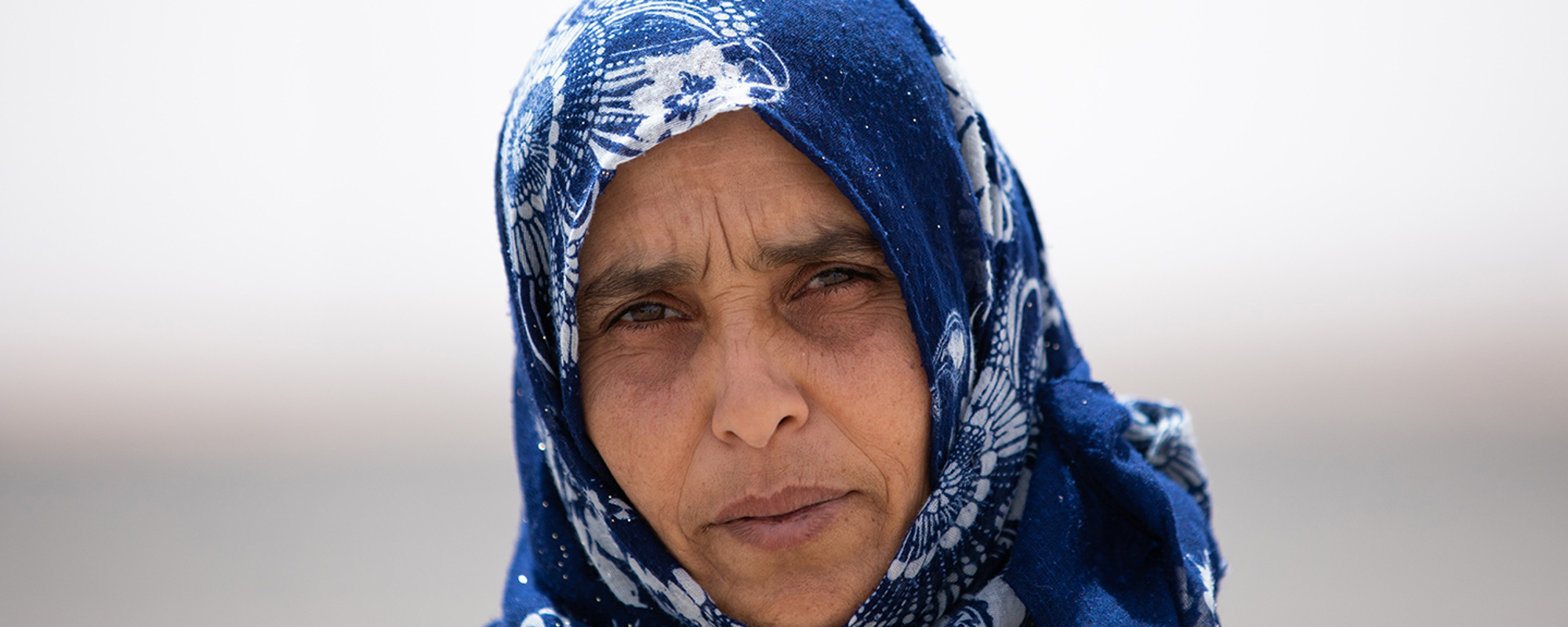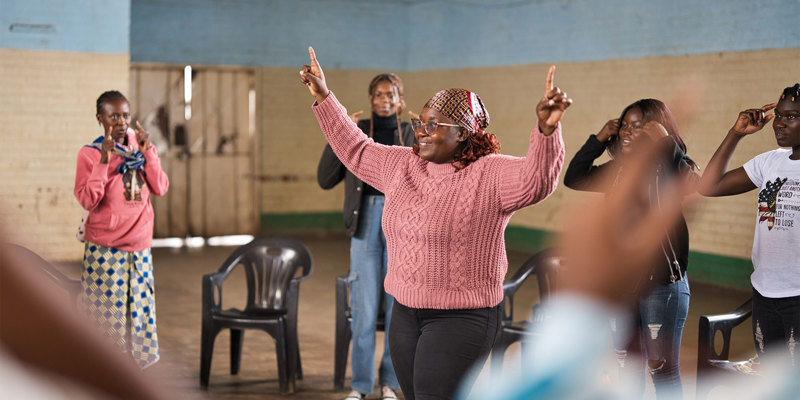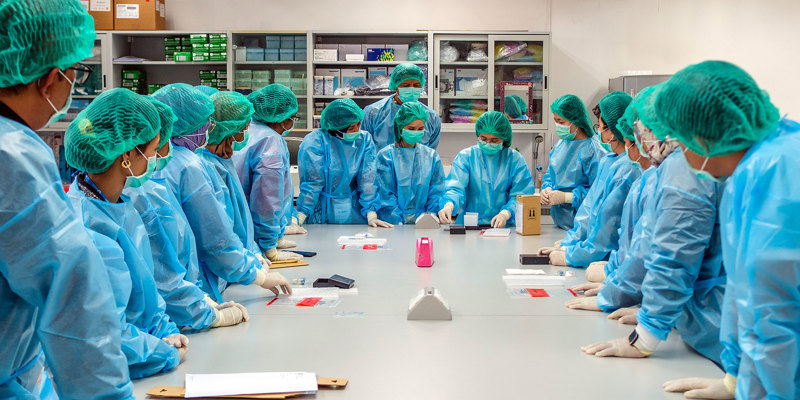

“Tomorrow can be different.”
Dalal Mohammad has dark, warm eyes and a long thin face framed by a navy blue headscarf. She has seen a lot, and the wrinkles around her eyes run deep. As her home neighborhood in Syria suffered the depredations of conflict, food and water became limited, and then virtually stopped. Neighbors and friends left. She and her husband reluctantly came to the realization that their children may not be safe there, and decided they had to move them to a place with less gunfire. Two of her daughters had already left with their husbands to go to Jordan. But Dalal hesitated, because of her third daughter, more recently married and living with a family that had stayed in Syria. For Dalal, splitting a family apart was like inner torture, but it was happening already. She could not stop it.
Every day, Dalal repeats to herself words on the virtue of patience from her mother, who died at age 50 when Dalal was 16. “You have wait until the right time.” “You can see it through.” “Don’t force things.” “Tomorrow can be different.” “Everything changes, but not always when you want.” These words help Dalal face the unknown.
Dalal was coughing a long time before a health worker at Azraq refugee camp noticed and arranged for testing in a mobile health clinic that came by every week. Dalal was diagnosed with tuberculosis. She went on treatment immediately, was closely monitored, and completed it in six months. She feels stronger. She knows she overcame a disease that has killed many others. “I see more color,” she said. But she still is not sure where her future lies. She has brothers in Turkey and in Jordan. One of her sons is about to get married, and she expects a joyous celebration. More than that, she wants to be able to see her 12 grandchildren as much as possible. But two of them she has yet to meet, as they are with the daughter who remained behind in Syria. When will she see her daughter again? Tears flood Dalal’s eyes, and she says, “I don’t know.”







